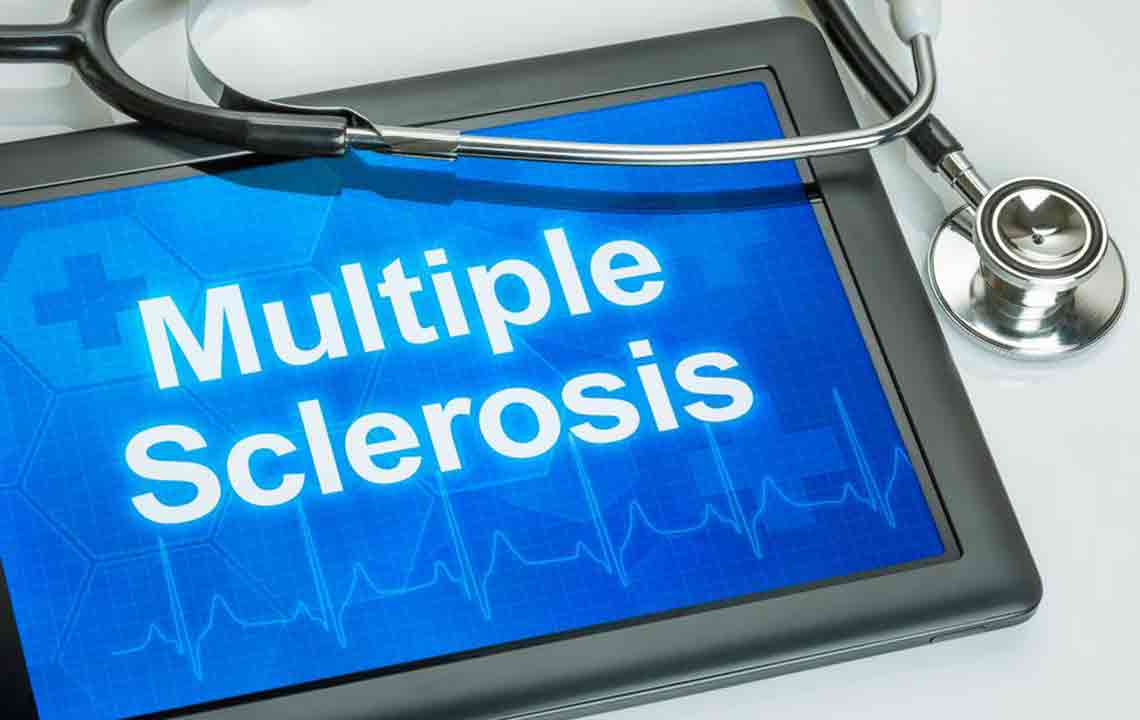Key Strategies for Prompt Autoimmune Disease Detection
Discover effective methods for the early detection of autoimmune diseases. This article covers key tests, patient cooperation strategies, and tips for timely diagnosis, helping patients and doctors identify these complex conditions promptly. Clear guidance on family history, symptom tracking, test requests, and seeking second opinions enhances diagnosis accuracy. Learn how awareness and proactive measures can facilitate faster identification of autoimmune disorders, leading to better management and treatment outcomes.

Key Strategies for Prompt Autoimmune Disease Detection
Autoimmune conditions occur when the immune system mistakenly attacks healthy body tissues, impacting organ function and structure. Symptoms often mimic those of other illnesses, making diagnosis challenging. As a result, healthcare providers may misattribute symptoms to stress or organ issues before considering autoimmune causes. There are approximately 80 known types of autoimmune disorders, each requiring specific testing. Common diagnostic procedures include:
Organ performance and inflammation assessments:
This fundamental test evaluates organ health, but alone isn't definitive for diagnosis.
Auto-antibody screening: The immune system produces auto-antibodies to target healthy tissues. Blood tests can detect these auto-antibodies, aiding rapid diagnosis.
Beyond testing, patient cooperation and awareness play vital roles in early detection. Here are essential tips:
Discuss family medical history: Autoimmune diseases tend to run in families. Informing your doctor about relatives with autoimmune conditions can shape diagnostic considerations.
Monitor and record symptoms: Symptoms often fluctuate. Keeping a detailed record of episodes, their severity, diet, and activities during flare-ups assists doctors in diagnosis.
Request targeted autoimmune tests: Since symptoms overlap with other illnesses, patients can advocate for specific tests if autoimmune disease is suspected.
Seek second opinions: Persistent symptoms without clear diagnosis should prompt consultation with specialists in autoimmune disorders.
Note:
Our blog offers practical information across various health topics. While we strive for accuracy, this content should not replace professional medical advice. Users should verify data and consult healthcare providers for diagnosis and treatment options. The site may not cover all available schemes or offers beneficial to readers.










